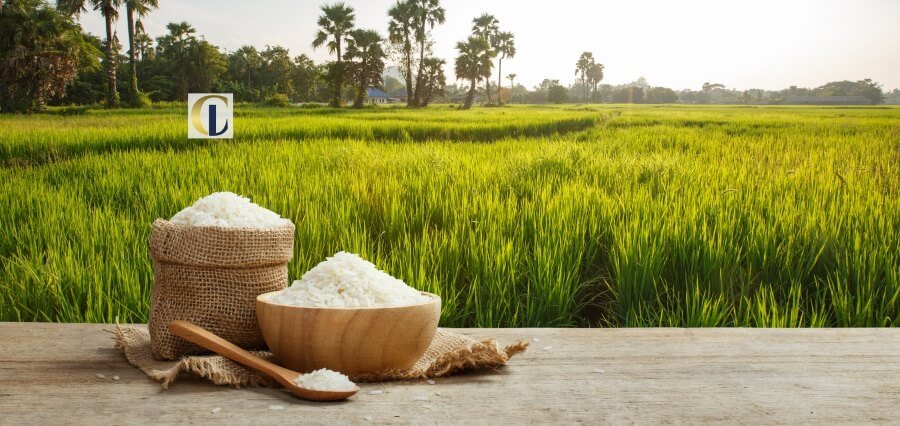India has lifted most of its bans on rice exports, a move that has been prompted by above-average monsoon rains expected to boost crop yields and help replenish the country’s overflowing state granaries. This will be a very important development for the international market for rice as it comes from a very powerful player in global rice trade.
In 2022, India alone accounted for more than 40% of global exports of rice, shipping a record 22.2 million metric tons out of a total global production of 55.4 million metric tons. What is really even more amazing is that Indian exports surpass the total combined shipment of its four nearest competitors: Thailand, Vietnam, Pakistan, and the United States. That explains India’s crucial role in satisfying global demand for rice.
In terms of export breadth, India’s rice export market is very wide as shipments go to more than 140 countries. The top importers of Indian non-basmati rice are countries such as Benin, Bangladesh, Angola, Cameroon, Djibouti, Guinea, Ivory Coast, Kenya, and Nepal. In fact, India is also a major supplier of high-quality basmati rice to markets such as Iran, Iraq, and Saudi Arabia.
However, in 2023, India’s rice exports declined by 20% as a whole to 17.8 million tons. Also, in the first seven months of 2024, the exports went down by 25 percent compared to the same period in the previous year. The decline left most Asian and African buyers begging other suppliers such as Thailand, Vietnam, Pakistan, and Myanmar for supplies at an increase in export prices in those countries at its highest level over 15 years.
Removal of export restrictions would stabilize global rice prices and supply. Significant stockpiles and considerable production capacity at the farm level in India would ease the same back into the international market and fulfill the growing demand for rice in regions highly dependent on Indian imports.
In short, this change in export policy will further consolidate India’s role as the global player in the rice trade, and at the same time influence international pricing and supply dynamics. Broad scrutiny then follows to implications of the country’s resumption of role as a global rice exporter to the world’s food security and market stability.
Read More: Click Here








